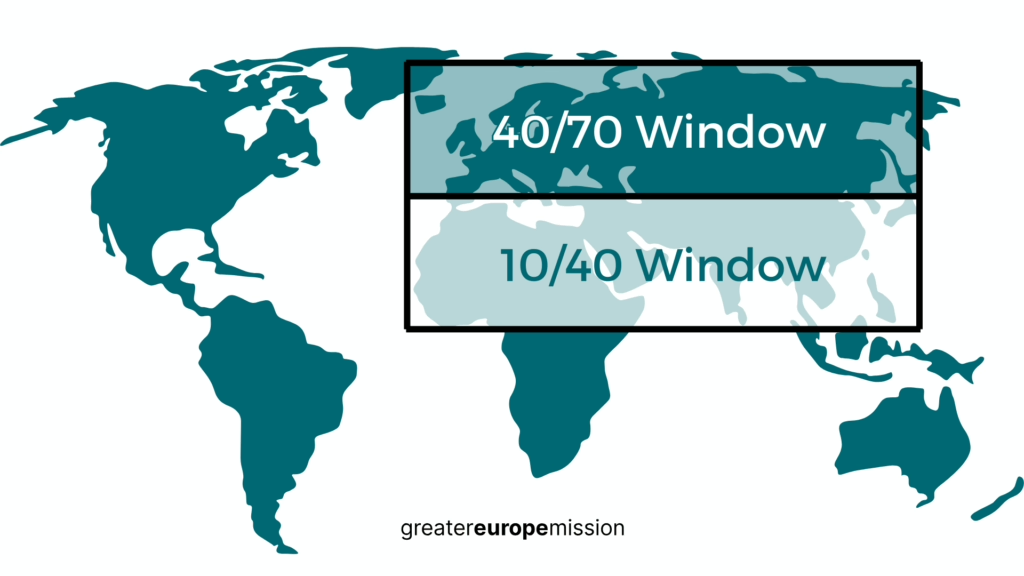Posts Tagged ‘missions’
Which is More Effective: Short-term or Long-term Missions?
Have you ever considered serving in missions but were unsure for how long? Could serving a mere couple of weeks be as impactful as serving long-term? Perhaps you’ve heard the notion that a short-term trip impacts the traveller, while serving long-term impacts the local. The truth is, each of us has a unique path…
Read MoreA Month of Missions-Minded Prayer
Prayers are vital to the longevity and influence of missionaries in the places they’re sent. Though they may carry impressive knowledge or have an inspiring willingness to serve, their own human strength isn’t always going to be enough—they need help. Thankfully, we serve an all-powerful God who is faithful to intervene in ways beyond our…
Read MoreLoving Your Neighbour this Christmas
With Europe’s Christian history, it shouldn’t come as a surprise that Christmas traditions reflecting the birth of Jesus can still be spotted. Even so, how many Europeans fully and truly grasp the meaning behind this holiday? As shop windows display nativity scenes and cultural traditions may include attending church, the door to Gospel conversations…
Read MoreWorking to Further the Gospel by Supporting One Another
A global worker should never be alone when sharing the Good News. With members of God’s army found throughout the world—each with their own unique strengths and giftings—the possibilities in working together to further His Kingdom are many. While one may be sent out to evangelize the lost, another is called to pray for their endurance.…
Read MoreThe Importance of Ministry in the 40/70 Window
Walking down the local streets of Rome or London—or most streets across Europe for that matter—you’re likely to notice the cultural diversity in the people. The truth is, Europe has become a melting pot of cultures, its inhabitants now unmistakenly diverse. From a mission’s perspective, seeing the nations of the world becoming increasingly accessible—many of which…
Read MoreThings Unseen: Portraying the Real Lives of Christ-Followers
“So we fix our eyes not on what is seen, but on what is unseen, since what is seen is temporary, but what is unseen is eternal.” 2 Corinthians 4:18 What are we living for? As believers, our focus should remain on God; we aren’t living for this world but for Him. To live a…
Read MoreThe Importance of Cities and Why We Should Serve in Them
What do you think of when you hear the words populated, busy, and traffic? How about nightlife, museums, and restaurants? Do you think of a place where you might live? A place where you might want to live? With God calling us to be ‘fishers of men’, would it be beneficial to seek out a place encapsulating the words mentioned above? With over half…
Read MoreWhy Should We Care about Missions?
Do you remember your first exposure to missions? If you grew up in a Christian church, perhaps the idea was first planted in Vacation Bible School. There we would be regaled of the Apostle Paul’s adventures in prison, earthquakes, and on rough seas. We would hear fantastic stories of people suddenly understanding foreign languages, and…
Read MoreHow GEM Kids Navigate the Challenges of Missionary Life
You may have heard that life on the mission field isn’t always easy for a missionary, but have you considered its impact on their children? Do they experience the same highs and lows their parents do? Do they naturally follow in their parents’ footsteps, or have entirely different hopes for their future? When God calls…
Read More






